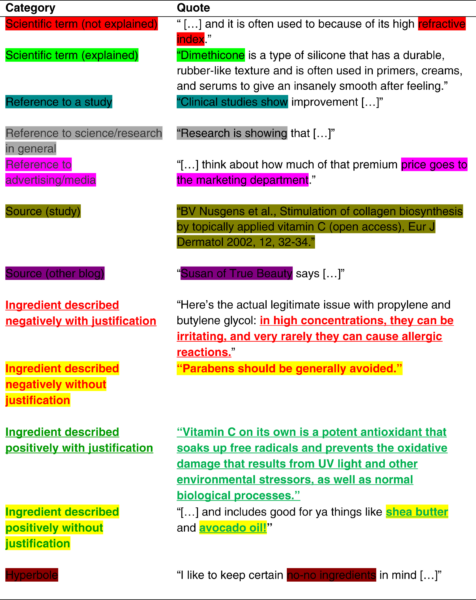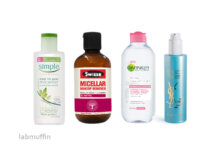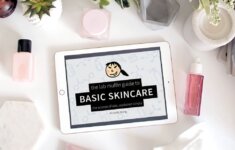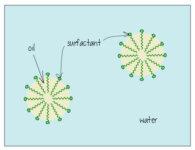I’m taking a short break from proper posts (will be back at the end of the week), so here’s some other stuff you might want to check out in the meantime:
Skincare School Podcast
I’ve teamed up with Adore Beauty (a popular Australian online beauty retailer) for the Skincare School Podcast! This is a 12-episode series on everything skincare, and yes, we’ll be going through all the active ingredients (think of it as a preview for my second eBook, which I started planning even before I finished my first eBook…almost three years ago, eep). There are 3 episodes out so far.
We’re on all the usual podcast places, and you can find out more info (including show notes and desktop listening) here.
Beauty Blog Research
I recently decided to do a Google Scholar search on myself (in a fit of desperate procrastination) and found this interesting paper: “Analysing the chemistry in beauty blogs for curriculum innovation”. The authors analysed posts from 6 beauty blogs (Huda Beauty, Viva Woman, My Beauty Bunny, Makeup and Beauty Blog, Temptalia and Lab Muffin) for claims about chemistry, and explanations of terms and evidence for claims.
Here’s the abstract:
Cosmetics play an important role in our everyday lives. However, the variety of different products and brands appears confusing to consumers. Products vary from basic, indispensable, everyday items such as soaps, shower gels and shampoos, to decorative cosmetics and high-end skin creams with specific, “innovative” ingredients for every skin type imaginable. In recent years, beauty blogs have become a popular platform to seek information on cosmetic products. Such blogs often contain chemistry-based content, which is only rarely written or at least double-checked by someone with a scientific background. Often such blogs reach a readership of several million users per month. But which role do chemical aspects play in beauty blog texts? This paper describes a qualitative content analysis of 60 recent posts from six popular English-language beauty blogs. The texts were coded according to categories such as the number of chemistry-related terms, supporting information for such terms, positive and negative claims regarding chemical aspects, references to studies etc. Based on the distribution of the categories, three main types of blogs could be distinguished: The “scientific type”, the “semi-scientific type” and “the non-scientific type”. By color-coding the different categories, a difference between these types can be easily depicted. The paper will discuss first findings and ideas on how to make use of corresponding analyses of beauty blogs for the teaching of chemistry.
On a related note, I’ve noticed that there seems to be a trend towards more content creators making “scientific” content. On the one hand, embracing science is always fantastic to me, but on the other hand, I’ve been seeing a lot of inaccuracies from people who I’d expect would be able to read and interpret research (e.g. dermatologists). I’ve also been seeing people with no science background try to explain scientific concepts with an amount of confidence I wish I had (and unsurprisingly, introduce even more myths along the way).
I don’t think restricting science communication to people who have science degrees is necessarily the solution, but I think it could be helpful if more people respected science communication as a skill that should be approached carefully and with a lot of background reading, especially by people without relevant training (sort of like plumbing, perhaps). I think there’s also a lot of pressure to make content that’s more “scientific”, and I don’t think it’s necessary! Product reviews, swatches and tutorials are extremely valuable and useful for consumers – not everything needs to be spiced up with science.
Related posts: Scientism or “Science-Washing” in Beauty and Science vs Anecdotal Evidence and Reviews (with video)








Interesting study. I do wonder how they determined the scientific background of the blogger. Having a background in science is of course helping, but doesn´t always qualify you to confidently discuss a certain topic – science is a broad field, and I don´t really feel fit to weigh in on MARS landings and astrophysics, even though I have had training in reading scientific papers…
Will get the podcast downloaded asap, very exciting news!